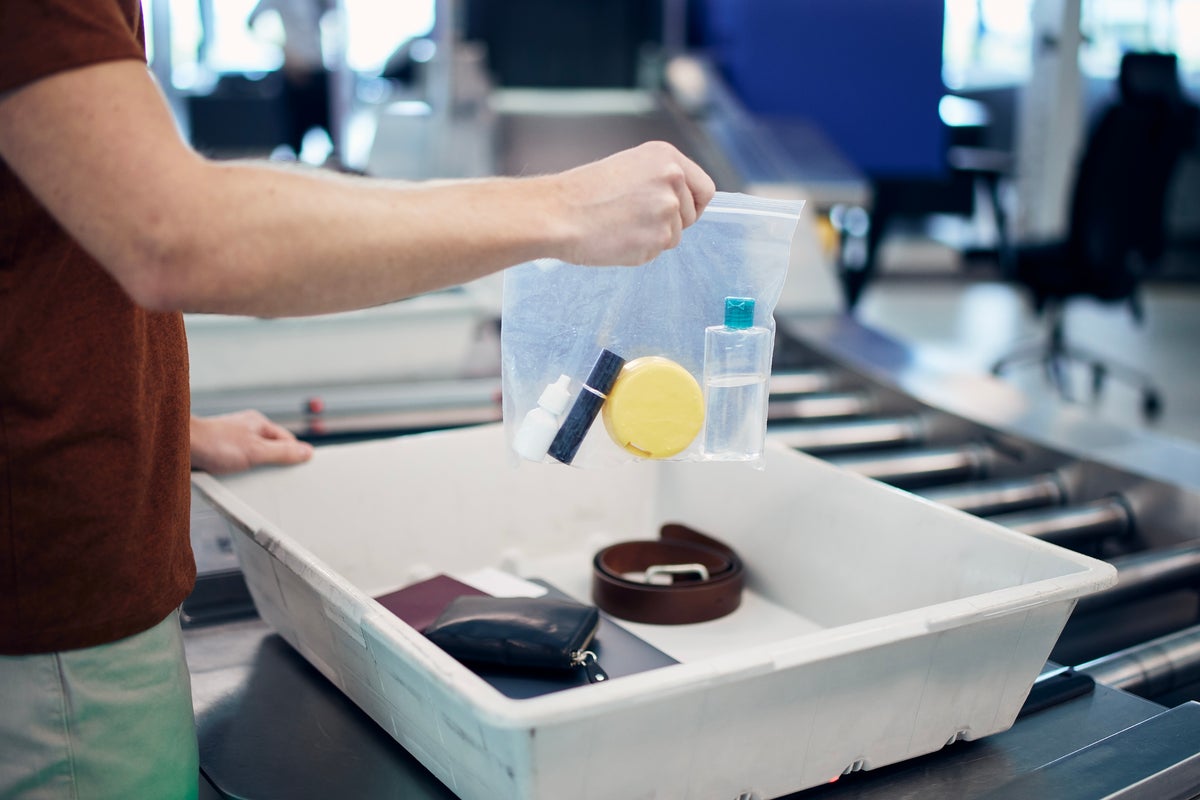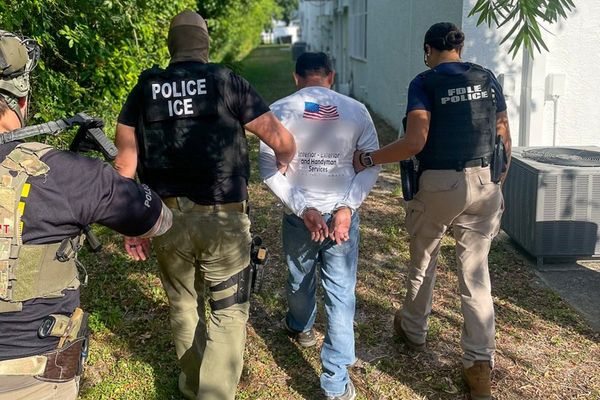
London’s City Airport is set to become the UK’s first to scrap the 100ml liquid rule in time for the Easter holidays, enabling passengers to pass through security without decanting their liquids into small plastic bags.
New 3D scanners will eliminate the need to separate and restrict liquids, gels and aerosols, meaning travellers departing from the London transport hub will soon be able to travel freely with drinks, creams and make-up, according to reports.
The new limit for hand luggage will be two litres, with the changes also putting an end to the current requirement to remove electronic devices and place them in a separate tray when passing through security.
Airport bosses at City Airport have confirmed that all four of its security scanners will be upgraded to new-generation CT machines, similar to those used in hospitals, by the end of March.
The airport, located in the Royal Docks approximately three miles east of Canary Wharf, is set to introduce the new machines ahead of the busy Easter holiday break.
“The good news for anyone planning a holiday or a business trip is that we will be the first mainstream UK airport to offer a fully CT security experience from the end of this month,” Robert Sinclair, CEO of London City Airport, said in a statement.
“The new lanes will not only cut hassle but also queuing times, which I know passengers will love.”
From June 2024, passengers at most UK airports will be able to carry liquids in containers holding up to two litres in what will be the biggest relaxation of aviation security regulations in decades.
Liquids have been prohibited on planes in many countries around the world since 2006, following a failed terrorist plot on a plane from London involving liquid explosives.
“By 2024, major airports across the UK will have the latest security tech installed, reducing queuing times, improving the passenger experience, and most importantly detecting potential threats,” UK Transport Secretary Mark Harper said at the time.
“This won’t happen straight away – this is going to take two years to be fully implemented. Until then, passengers must continue following the existing rules and check before travelling.”







